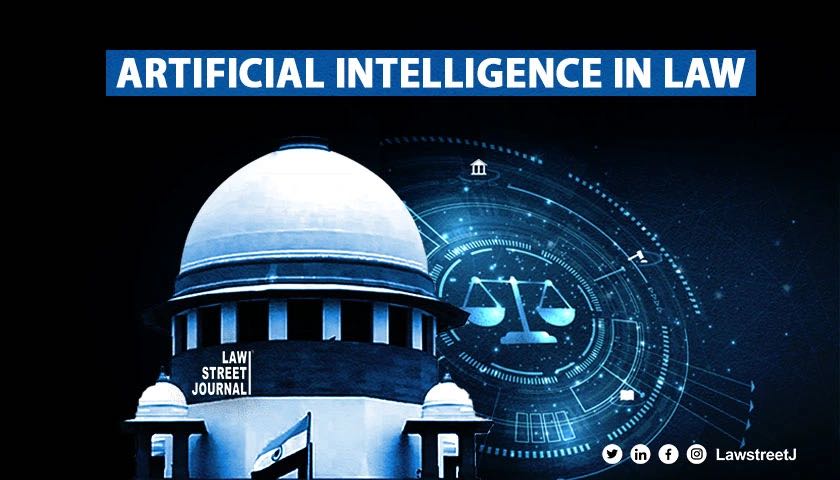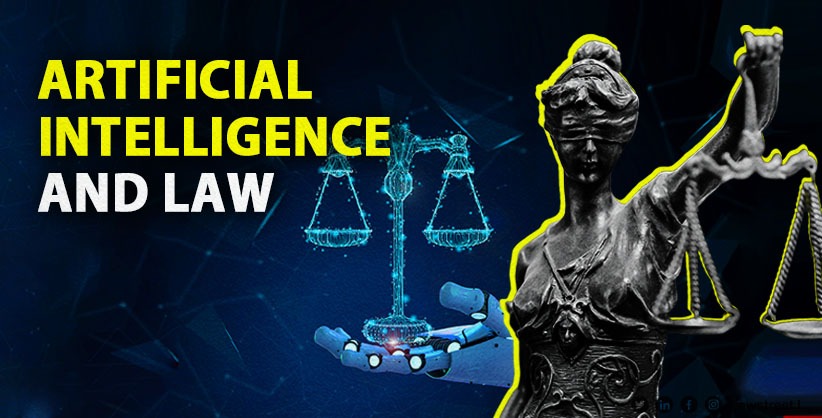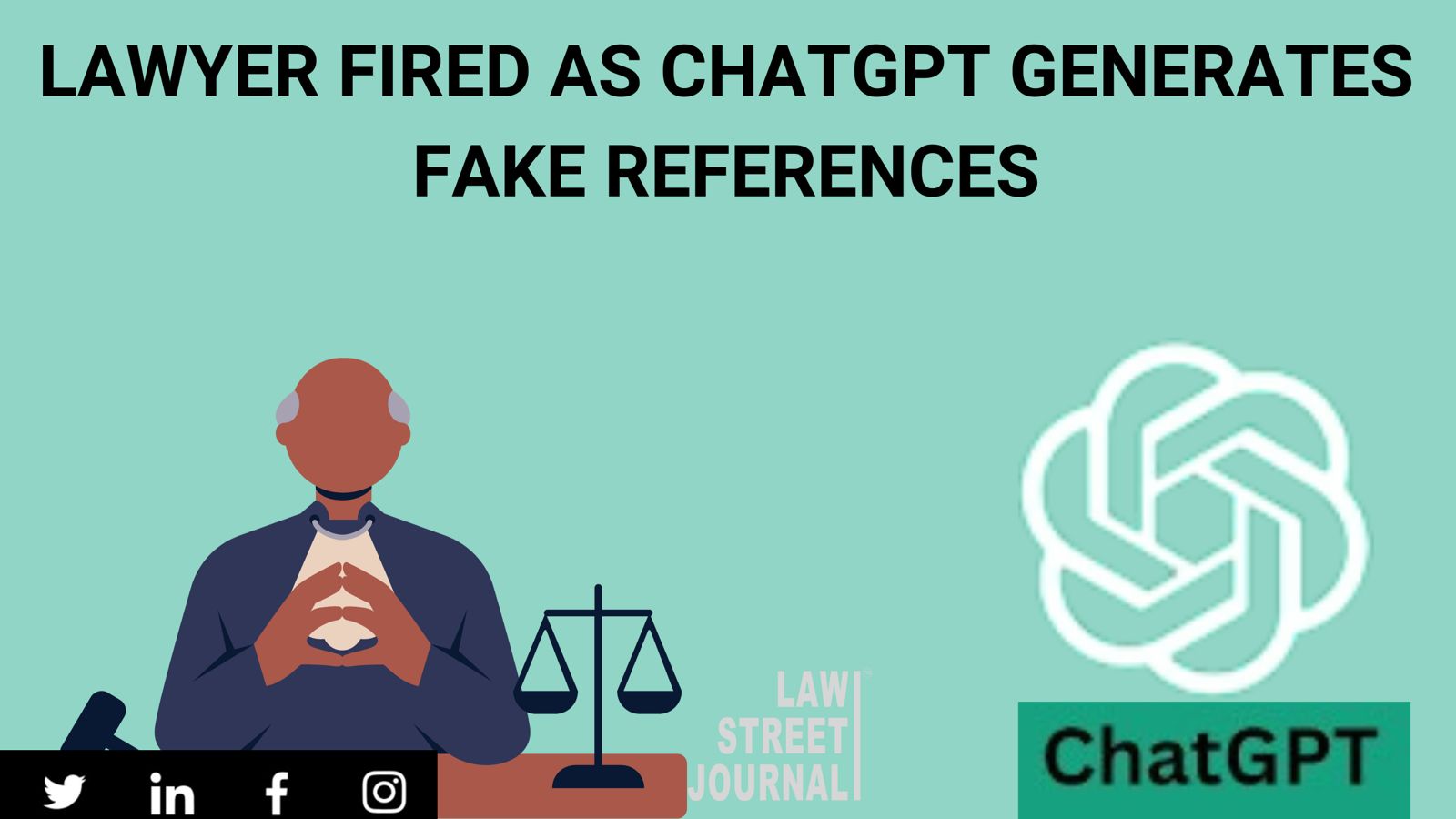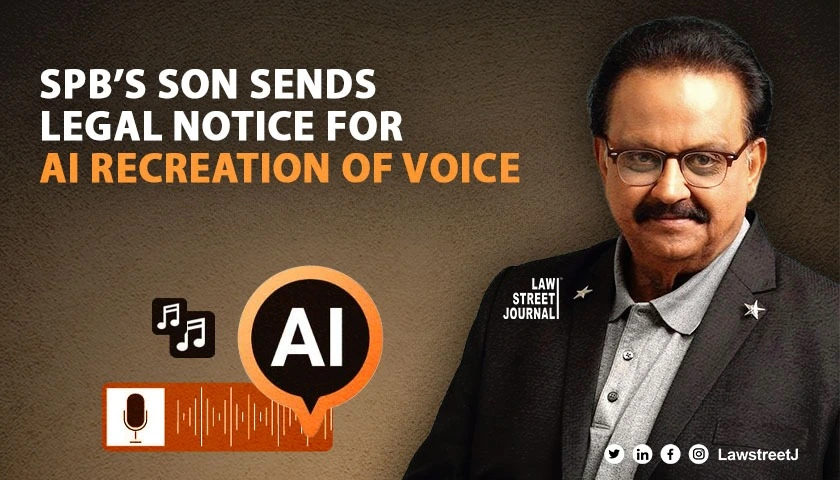NEW DELHI: Chief Justice of India D Y Chandrachud on Saturday cautioned against overlooking the ethical, legal, and practical considerations associated with Artificial Intelligence integration into court proceedings.
He, however, emphasised the transformative potential of Artificial Intelligence in legal research, describing it as a "game-changer" that empowered legal professionals with unmatched efficiency and accuracy.
He cited specific instances where AI, notably ChatGPT, had been utilised in court adjudication, citing examples from Colombia and India.
"The integration of AI in modern processes including court proceedings raises complex ethical, legal, and practical considerations that demand a thorough examination. The use of AI in court adjudication presents both opportunities and challenges that warrant nuanced deliberation," he said.
As we navigate the integration of AI into the legal domain, it is imperative that we remain vigilant in addressing the systemic challenges and ensuring that AI technologies serve to enhance, rather than undermine, the pursuit of justice for all, he said.
Referring to use of technology, he said, "Additionally, the Supreme Court of India introduced live transcription services, an initiative aimed at enhancing accessibility to legal information. This initiative has been particularly impactful in addressing linguistic diversity, as live transcription services translate judicial proceedings into 18 regional languages and Hindi, ensuring that legal information is accessible to citizens across India."
The CJI was delivering a key-note address at a two-day conference on Technology and Dialogue between the Supreme Courts of India and Singapore on April 13 and 14.
He noted the importance of transparency, accountability, and fairness in AI utilisation, highlighting concerns about potential errors and biases inherent in AI systems.
Also Read - Two-day conference on April 13-14 on Technology and Dialogue between SC and Singapore
"The full realisation of AIs potential thus hinges on global collaboration
and cooperation. While AI presents unprecedented opportunities, it
also raises complex challenges, particularly concerning ethics,
accountability, and bias. Addressing these challenges requires a concerted effort from stakeholders worldwide, transcending geographical and institutional boundaries," he said.
The CJI pointed out that the advancement of technology and AI is inevitable.
"It holds the potential to significantly change professions and make service delivery more accessible to people. In the field of law, this translates to the potential for AI to expedite and streamline justice delivery. The era of maintaining the status quo is behind us; it is time to embrace evolution within our profession and explore how we can harness the processing power of technology to its fullest within our institutions," he said.
However, amid the excitement surrounding AIs capabilities, there are also concerns regarding potential errors and misinterpretations, he said.
Without robust auditing mechanisms in place, instances of hallucinations where AI generates false or misleading responses may occur, leading to improper advice and, in extreme cases, miscarriages of justice," he said.
The CJI said, in the legal domain, the adoption of AI might accentuate inequality by favouring those with access to advanced technology but it also opens the door for new players and services, disrupting existing hierarchies.
The poor may find themselves relegated to inferior AI-driven assistance, while only affluent individuals or high-end law firms can effectively harness the capabilities of legal AI. Such a scenario risks widening the justice gap and perpetuating existing inequalities within the legal system, he said.
The conference was being organised with an aim to explore the intersection of technology and the legal system, particularly focusing on the transformative role of Artificial Intelligence (AI) in the judiciary. Chief Justice of Singapore Justice Sundaresh Menon, and several other judges and experts were also present during the event.















